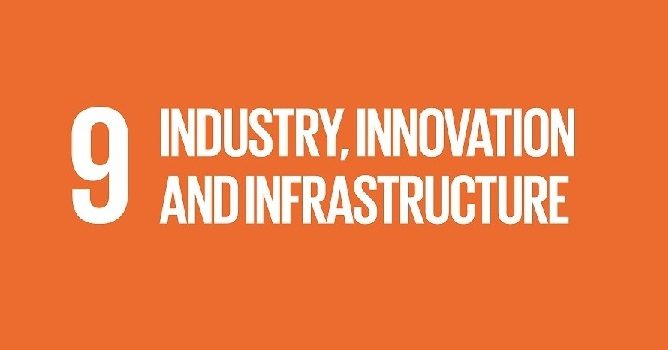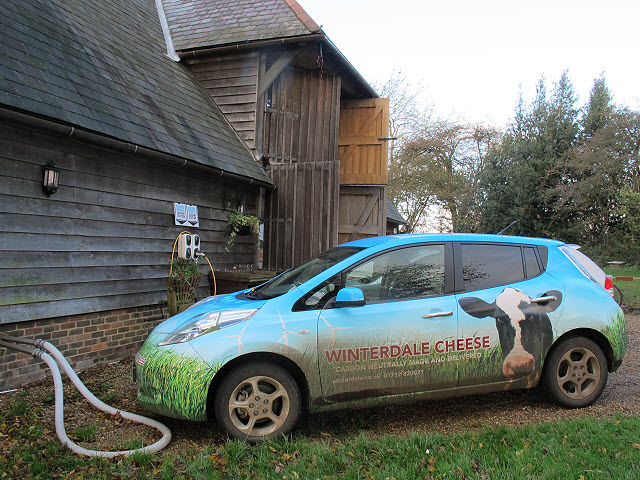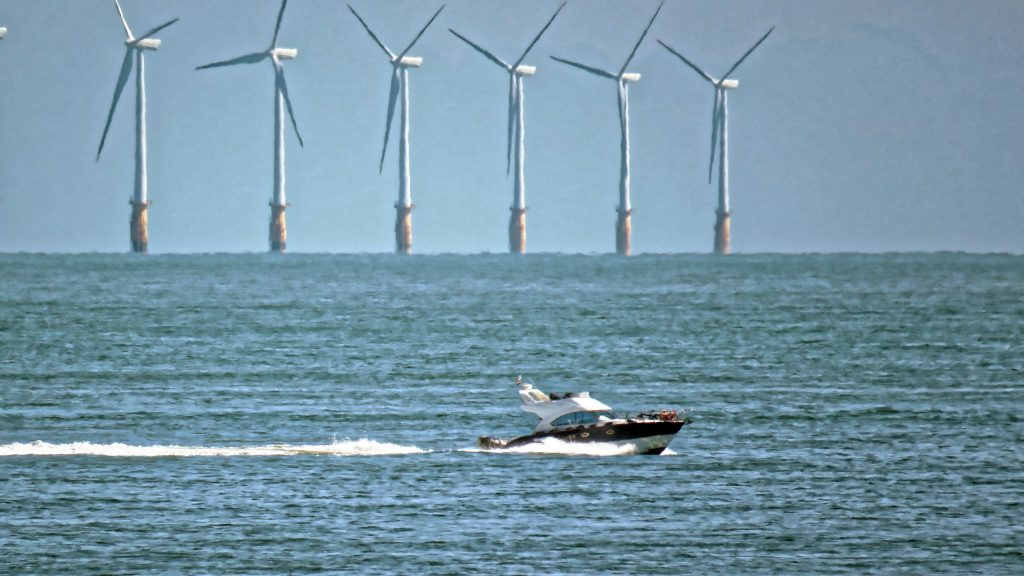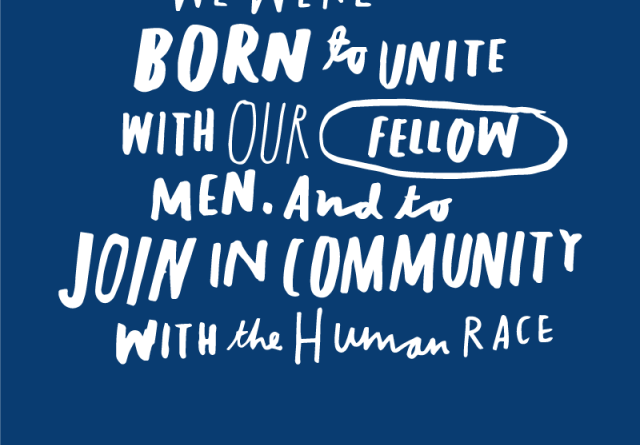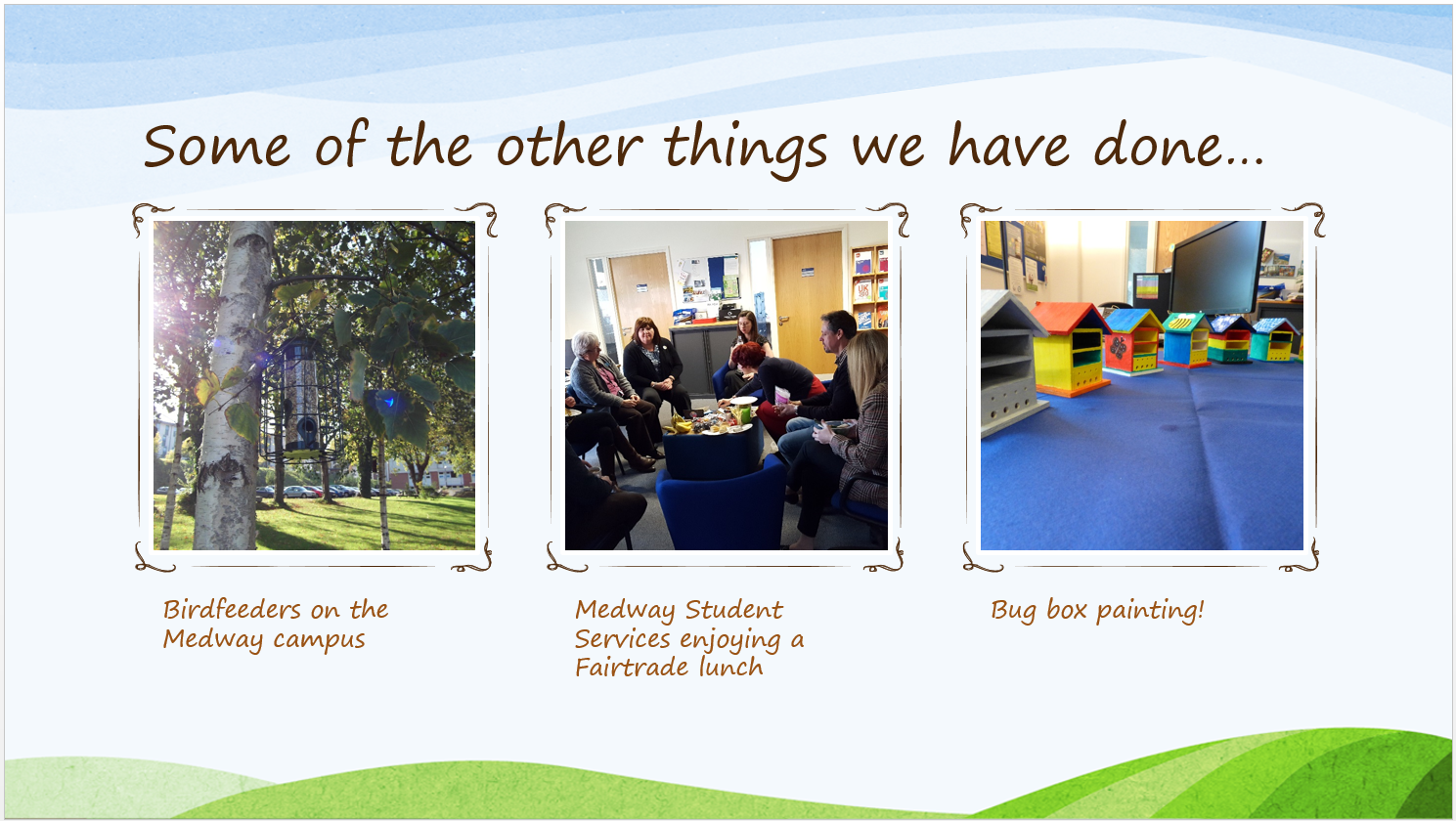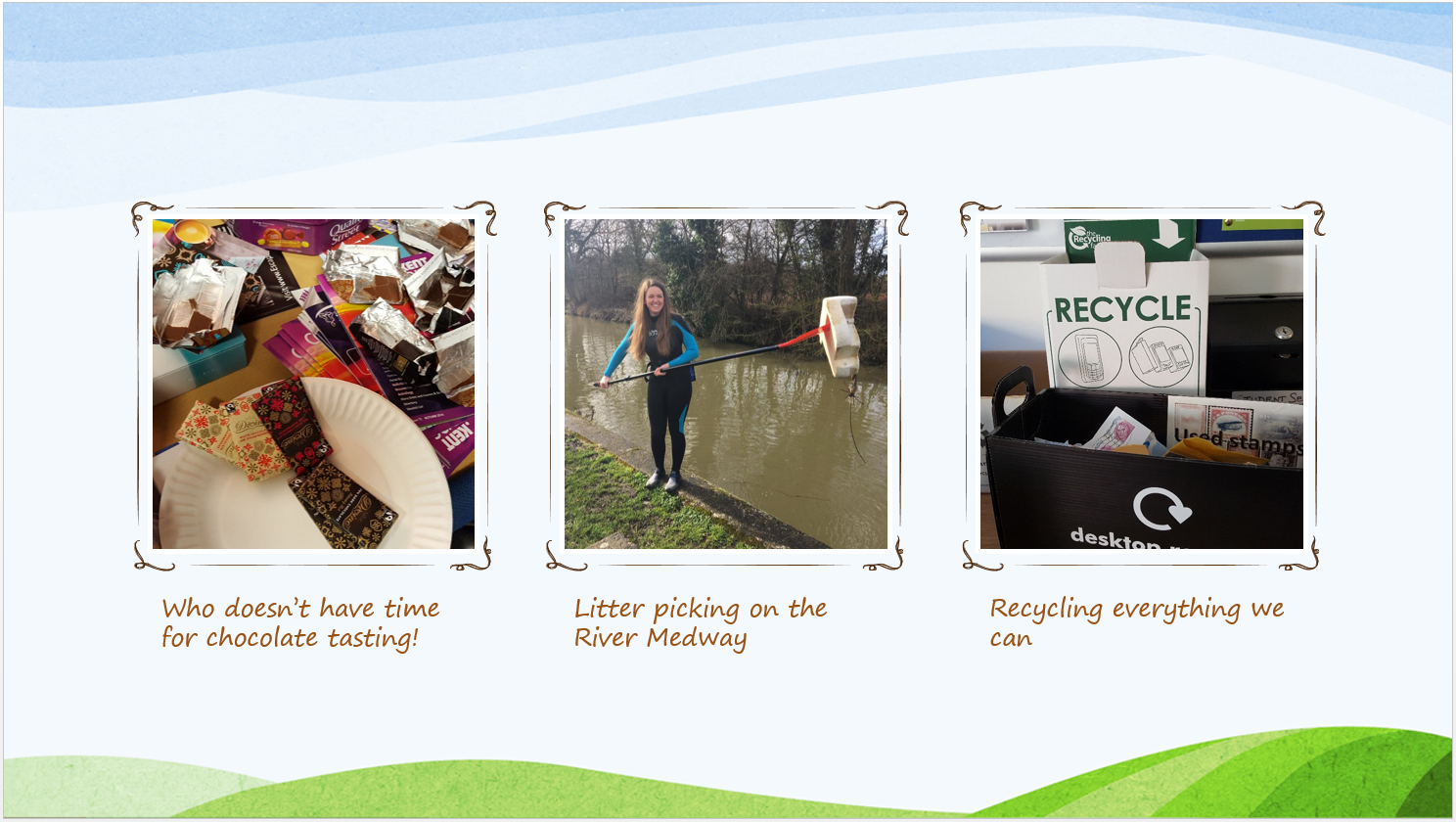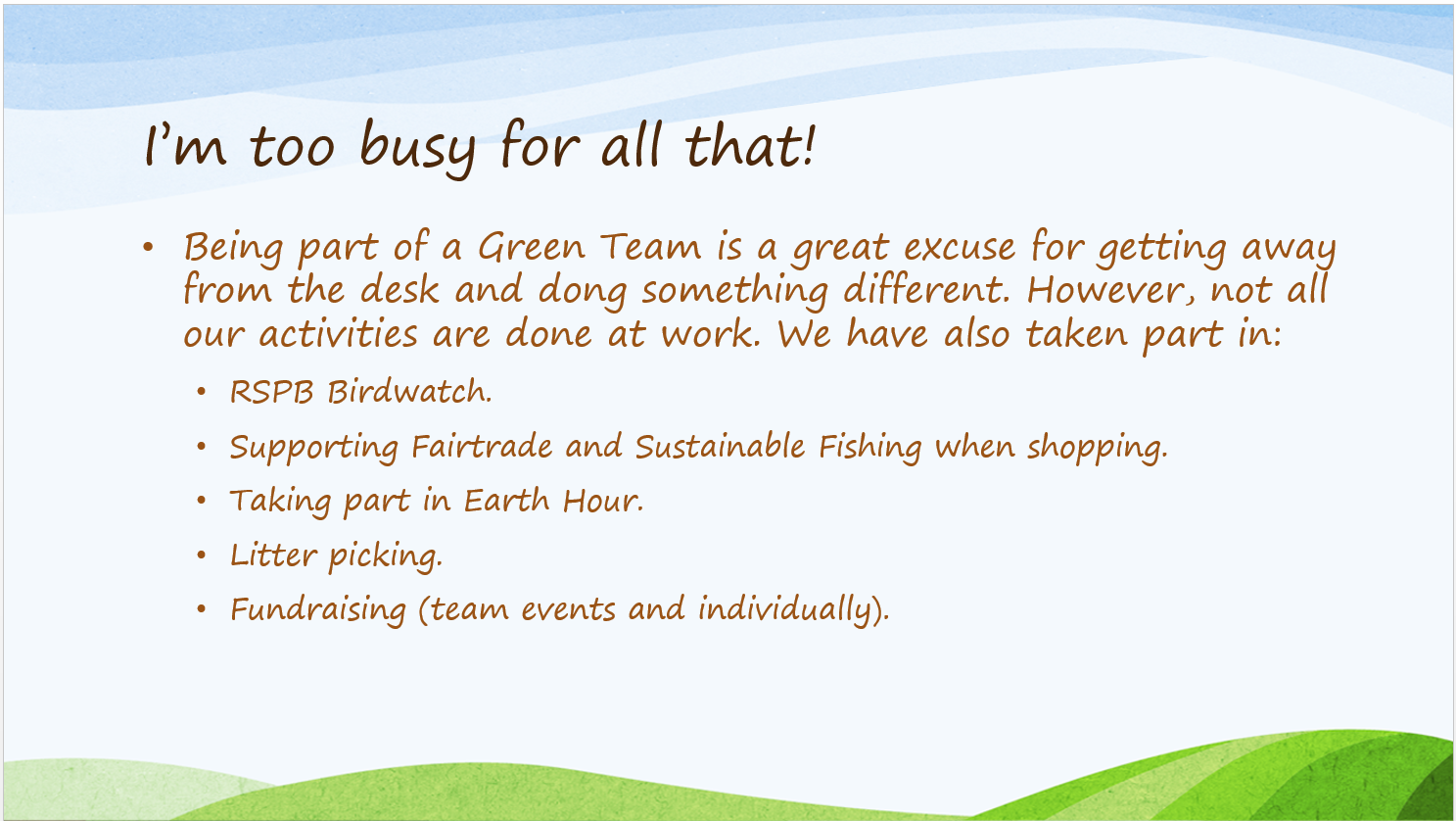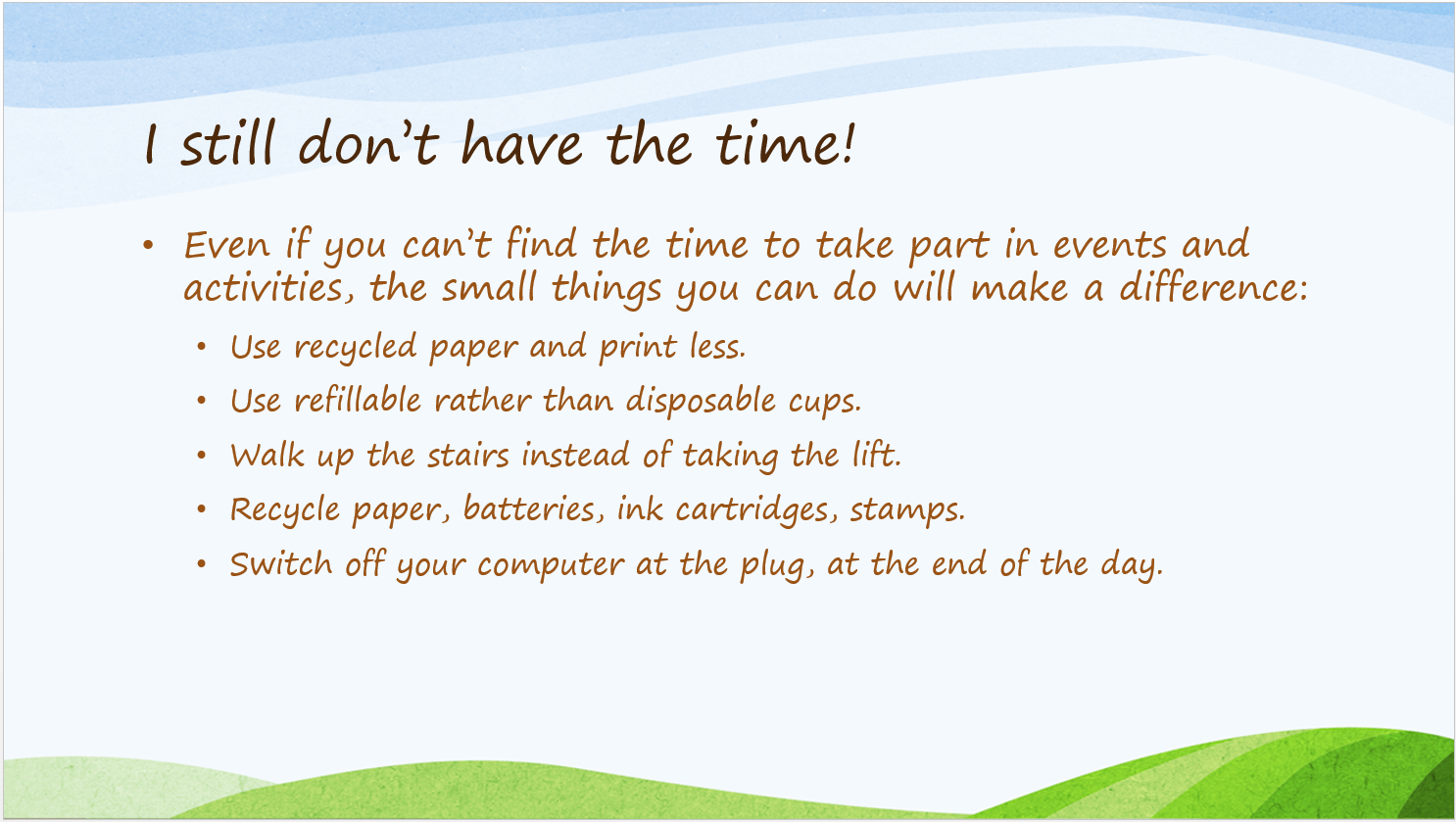On June 1st we held a celebration BBQ at the Kent Community Oasis Garden in celebration of our staff Sustainability Champions Network and sustainability volunteers that are making sustainability happen across the University as part of the FutureProof project.

The BBQ was an opportunity to say thank you to everyone for their continued engagement in sustainability projects in what has been a year of having to adapt to a new normal. FutureProof relies on the continued commitment of our staff volunteers who are delivering sustainability projects within their teams and departments.
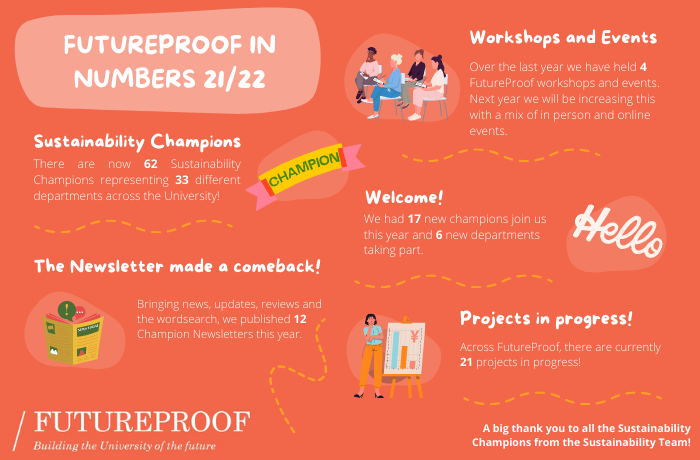
We had some continuing projects from previous years including the annual lecture on Computing and Climate Change; KBS’ Stage 2 Market Research Project; Anthropology and Conservation’s Sustainability Working Groups including the annual BioBlitz; embedding sustainability into the Global Officers Programme; and the Medway Green Spaces Project which saw new accessible pathways, beds and green gym equipment installed.

We held three formal online workshops for champions this academic year. In autumn term we marked COP26 with a special addition to our SDG and a Cup of Tea series: The Road to Net Zero: The Role of Staff. In Spring Term we welcomed our new champions into FutureProof with a two part guide to the project and a focus on the six Sustainable Development Goals that feature in our new Sustainability Strategy.

We also had new projects and some exciting collaborations:
- Our first external champion, Debi Adams, who runs the Kent Community Oasis Garden (a partnership project between the University and East Kent Mind) is collaborating with Silvio Caputo, our KSAP champion on a Horizon Research Proposal looking at the delivery of ecotherapy in our garden
- New champion Lori Fisher from Biosciences will be collaborating with champions from across catering on delivering Love Food Hate Waste engagement materials
- New champion Margarita Prieto-Acosta has been on a mission to reduce waste and ensure the proper segregation of waste at Kent Law School during office moves
- Champions from the Division of Human and Social Sciences Operations; Knowledge Exchange and Innovation; and Internationalisation have been collaborating on a Sustainable Events guide to support staff in making easy sustainable decisions when planning and delivering events across campus. The website for this will be launching soon
- Champions from College and Community Life have been collaborating with the Kent Community Oasis Garden and Landscape and Grounds Champions Chris Wright to deliver Plant a Seed sessions, mindfulness session and bushcraft workshops

And finally, our monthly newsletter was relaunched featuring campus sustainability updates; positive national and international news; Champion book reviews and blogs; and the much loved sustainability wordsearch.
It has been a difficult year as we navigate living with covid; adapt to hybrid working; and seek to build back the sustainability momentum we had pre-pandemic. However, it has been wonderful to get FutureProof going again and see staff reengage and build upon their projects or start new ventures despite a challenging backdrop.
A massive thank you to everyone that has been involved from the Sustainability Team. We could not do it without you!

